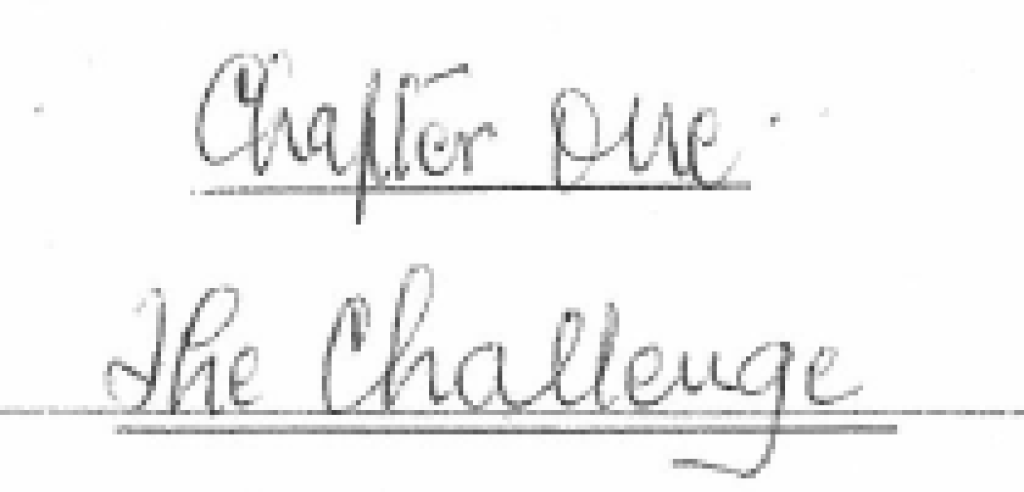Mandela’s release from prison and the unbanning of the liberation movement made it possible to establish the conditions required for negotiations. Securing those conditions, spelt out in the Harare Declaration, required that the balance of forces that had brought about the release and unbanning should be nurtured, to ensure a durable outcome, and further shifted in favour of the liberation movement and its goals as far as possible.
By the mid-1980s, the contours of a deadlock or stalemate were taking shape, in which neither side could impose its will on the other. The head of the defence force, General Constand Viljoen, had by 1983 advised the cabinet that a military victory over the liberation movement was not possible.7 With the failure of the attempt by PW Botha to impose minimal reform secured by repression, the pace towards negotiations quickened. The balance was an uneasy one, and not static, between sides of disparate and antagonistic character.
The National Party apartheid government had command over state resources, including the military and covert forces; state patronage was entirely at its command. It had the allegiance of most white voters. Economic decision-makers and most of the media, though restive, shared the apprehensions of the government of the day. On the other hand the National Party’s constituency was eroding to the right, especially to the Conservative Party which broke away from the National Party in 1982 on the grounds that even PW Botha’s limited reforms threatened white rule and apartheid. Conservative Party support had grown to nearly a third of the white voters by the time of the white election in May 1989. The allegiance of the bantustans and their political parties, though beneficiaries of apartheid, was untested. The business leadership, though embedded in the apartheid system, was sensitive to the possibility of a new political order and had lost confidence in the political system serving its long-term interests. Intellectuals who had done much to provide a rationale for minority rule were also beginning to break ranks. The apartheid government had some powerful international supporters, but they too were anxious for a more sustainable order.
The ANC had the support of the majority of the country; had international support from most of the world; and had demonstrated growing capacity to mobilise for mass action. On the other hand it lacked the military capacity to match that of the apartheid state and after decades of illegality its internal organisation was weak.
Mandela and the ANC had given much thought to these dynamics and their implications. Mandela had discussed them with his fellow prisoners; assessed them in secret interaction with the government team he had engaged with over a year to clarify the conditions for talks with the ANC; and consulted with the ANC leadership in exile and with the internal leadership of the ANC and the mass democratic movement.
Since the outcome of negotiations would be determined not only by the clarity and cogency of negotiating positions and demands, but primarily by the balance of forces and the capacity of either side to claim the allegiance of social formations and activate them, these issues were foregrounded in Mandela’s preparation of the first speech he was to make on his release.
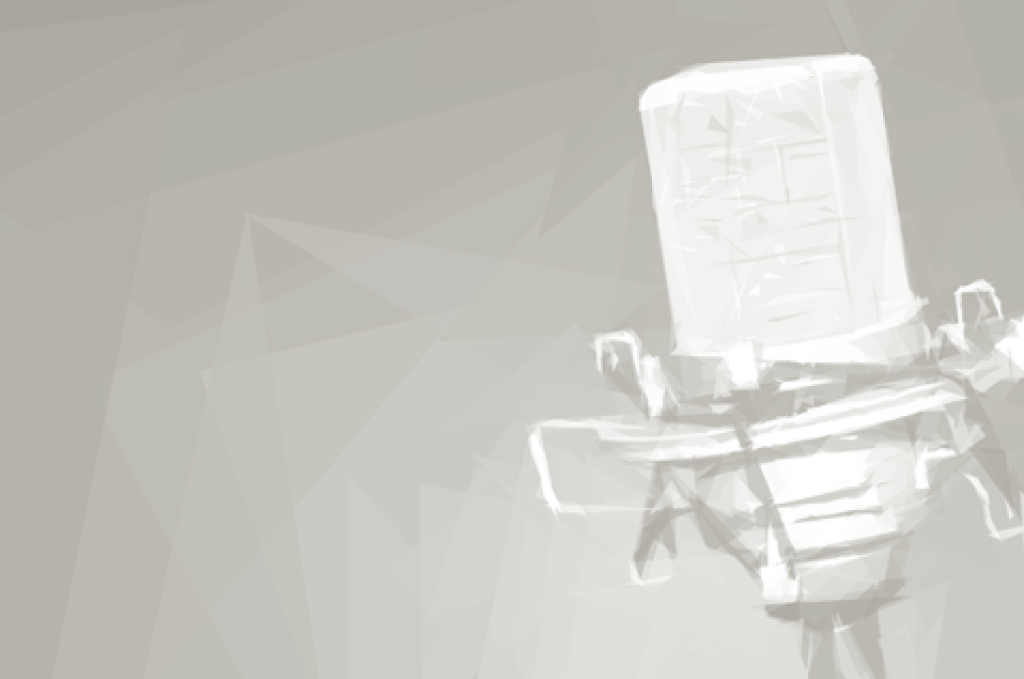
'I remember briefing the Cabinet when I was the chief of the army and chief of defence force'
He had little time to draft that speech. When De Klerk announced on 2 February that Mandela would be released, he had not specified a date. When Mandela was told on Friday night at a meeting with De Klerk at the State President’s Office in the Tuynhuys in Cape Town that he would be released on Sunday, two days later, he insisted that he needed another week, but did not prevail. On the other hand he did get the government to abandon plans to release him quietly to his home in Soweto and agree to release him in Cape Town where he would thank the people of Cape Town before going home. ‘If you want to release me in Soweto you will have to put me in leg irons and handcuff me. That’s the only way you are going to get me released there, I’m not cooperating with you at all.’ And so it was that he began drafting the speech at four o’clock in the morning of the day before his release.8
The last-minute change from Soweto to Cape Town as the place of release left the government ill-prepared. As Valli Moosa recalls, for the ANC and its internal leadership who got even less notice, the timing was dangerously tight for guiding the popular response and organising the reception.
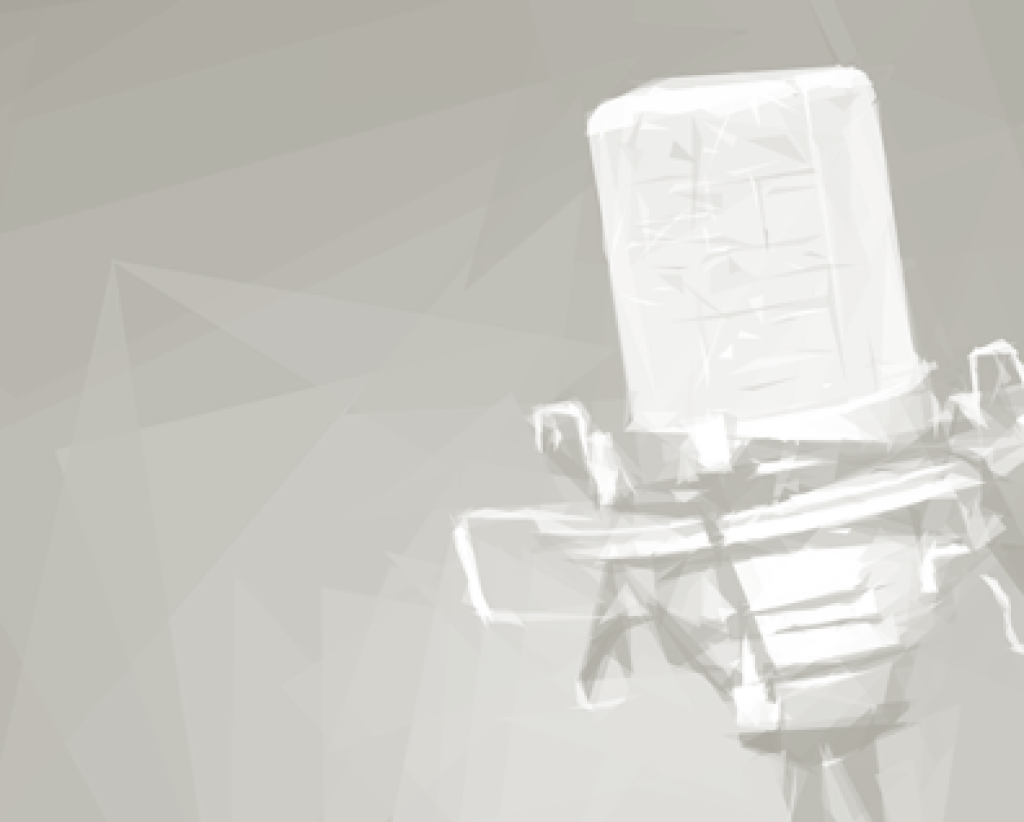
The night before they met with us they didn’t sleep because they brought Madiba from Victor Verster for a meeting with FW that night
The notice was less than 24 hours. We were quite shocked but none of us gave in to the temptation to ask that he be kept in any longer, though we wanted to ask that.
I had to go straight to the prison to meet with Madiba and to see what he wanted to be done. Part of my job was to help him with his speech. He had written most of it already, so I sat with him and took notes and his handwritten notes. He had various formulations which he wanted.
Firstly he wanted to say the Freedom Charter is it, and no deviation from the standard interpretation of the Freedom Charter at all.
I said to him, ‘But you know on the economy stuff, the ANC isn’t actually putting it like that, it’s much more nuanced.’ But it’s not like he needed to be told that the ANC had nuanced its position on nationalisation. He knew all of that.
The sense I got was that he knew that the biggest disaster would be if big sections of the oppressed community rejected him. He didn’t want people to reject him. Here was a man who had started talking to the enemy, was engaging the enemy from inside prison. The masses were highly militant at the time and there was a body of opinion that negotiations in themselves were a form of sell-out.
So he said that ‘When I come out of prison if I say anything different from what I said when I went into prison an impression could be created that the reason I’m being released is because I have changed my views, and that I no longer believe in what I believed in then.’ And he said, ‘I don’t want to leave any room for doubt. These are my first words when I come out of prison and I must address the people, I am not addressing anybody else, I must have words for the people.’
But he also wanted to say De Klerk was a man of integrity, about which I also said to him, ‘I don’t think it’s necessary to say that, you can tell that to him when you meet him. It won’t be received well.’ But he had thought about that one too. He already saw the responsibility that the liberation movement had, not just to hold together our forces, the liberation forces, but to hold together the counterparty. There was the fear that the ruling bloc or big sections of the right-wing rejects FW, because he is releasing a terrorist. And so he had to, in a sense, reach out and that was his way of reaching out, by saying ‘FW De Klerk is a man I can trust, is a man of integrity’. I have no doubt having spoken to him that he had no illusions about FW De Klerk.9
When others later in the day also argued against making the statement about De Klerk, Mandela insisted, ‘If you are going to negotiate with somebody, you have to accept that he is a man of integrity until he proves you wrong.’10
In his address the next day from the balcony of Cape Town’s City Hall, Mandela paid tribute to each and every formation in the struggle for freedom and called for the intensification of all forms of struggle – mass action, sanctions and armed struggle – until the achievement of the conditions needed before there could be negotiations on the basic demands of the people. Then, along with the movement’s approach to writing a new constitution, he included the issues he had insisted on including in the speech:
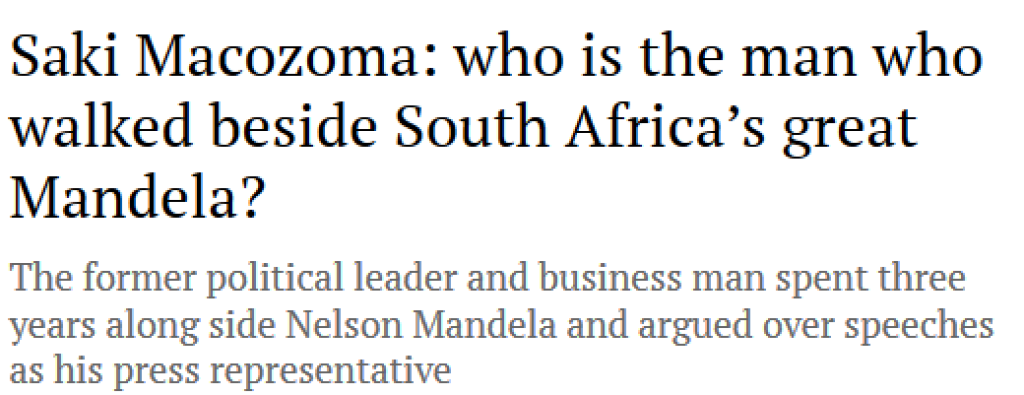
Negotiations cannot take place above the heads or behind the backs of our people. It is our belief that the future of our country can only be determined by a body which is democratically elected on a non-racial basis. Negotiations on the dismantling of apartheid will have to address the over- whelming demand of our people for a democratic, non-racial and unitary South Africa.
There must be an end to white monopoly on political power and a fundamental restructuring of our political and economic systems to ensure that the inequalities of apartheid are addressed and our society thoroughly democratised.
As negotiations progressed towards a democratic outcome the possibility of right wing attempts to sabotage the process hardened in the face of partial measures to contain them. Violence against communities and commuters on trains, with covert state involvement and instigation, which had done much to intimidate and disrupt mass support for the ANC, diminished somewhat as revelations of state involvement forced the government take action. The power of growing right-wing political parties to deflect progress by political means was diluted when De Klerk called a referendum of white voters to endorse ‘continued negotiations’ and got a big majority. In this context right-wing resistance turned more sharply to terrorism and mobilizing for armed revolt.
The worst was yet to come. In June 1992, three months after the referendum, 45 residents of the township of Boipatong near Johannesburg were massacred in a night-time attack by supporters of the Inkatha Freedom Party (IFP). Concerned with the impact such violence was having on increasing mass disillusionment with the ANC’s stance on negotiations – at the rally in Boipatong to mourn the deaths there was a song, ‘Mandela, you are leading us like lambs to the slaughter’ – the ANC suspended negotiations at Mandela’s insistence and took the issue to the United Nations overriding a previous position that there would be no international involvement in the negotiations.
Negotiations were resumed a few months later, mediated by a Record of Understanding fleshed out by a back-channel and encouraged by Julius Nyerere. When Mandela briefed him, explaining that the ANC was withdrawing because of the apartheid state’s orchestration of violence, Nyerere said that South African freedom fighters had always contended that the apartheid state was inherently violent. Now, he argued, how could it be cogently argued that violence could be totally eliminated before the apartheid state itself was abolished!
Then another disaster struck.
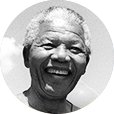
But The death of one of them [freedom fighter] nearly plunged the whole country into a costly bloodbath. The assassination of Chris Hani, one of South Africa’s most popular leaders, on 10 April 1993, and who could have easily risen to the highest position in government, almost precipitated a calamitous crisis. Hani’s popular following was outraged. Tens of thousands spontaneously poured out into streets throughout the country. Wide ranges of other South Africans were numbed with shock.
As the country teetered, [I] was given air time on SA[BC] TV to broadcast to the nation, appealing for discipline, and to avoid giving way to provocation. Many commentators on our negotiated transition were later to observe that the effective transfer of power from the National Party of De Klerk to the ANC occurred not with the elections in April 1994, but in this critical week one year earlier.
In 1959, Hani enrolled at Fort Hare University and attracted the attention of Govan Mbeki, the father of Thabo Mbeki . Govan played a formative role in Hani’s development. It was here that Hani encountered Marxist ideas and joined the already illegal underground South African Communist Party . He always emphasised that his conversion to Marxism also deepened his non-racial perspective.
Hani was a bold and forthright young man and did not hesitate to criticise even his own organisation when he felt it was failing to give correct leadership. He recalled that: ‘those of us in the camps in the sixties did not have a profound understanding of the problems. Most of us were very young in our twenties. We were impatient to get into action. Don’t tell us there are no routes, we used to say. We must be deployed to find routes. That’s what we were trained for.’
Hani became the leading spokesperson for MK soldiers who felt that the leadership was too complacent. After writing a formal petition, Hani found himself in hot water with the camp leadership and he was detained for a while by his own organisation. He was, however, released when his plight came to the attention of the more senior ANC leaders, notably Oliver Tambo and Joe Slovo.
Hani returned to South Africa in August 1990, a hero to a great majority of South Africans. Several opinion polls at the time showed that he was easily the second most popular politician in the country. In December 1991, he became General-Secretary of the SACP.
Hani put the last years of his life tirelessly addressing meetings throughout the length and breadth of South Africa, in village gatherings, shop stewards councils and street committees. He learnt all his authority and military prestige to defend negotiations, often speaking patiently to very sceptical youths or communities suffering the brunt of Third Force violence.
Early in 1994 as the election approached, the possibility of a dangerous armed right-wing revolt was taking shape. Although huge roadblocks had been removed, the potential for renewed violence and disruption of the election was only too real. The seemingly fragile conditions for an election of a government whose legitimacy would be beyond question, had only just been put in place and needed consolidating.

A dark cloud was hanging over South Africa, which threatened to block and even reverse all the gains South Africans had made in regard to the country’s peaceful transformation.
Soon after General Constand Viljoen resigned as leader of the Freedom Front [in March 2001], I invited him and his wife, Riski, to my house for lunch.
Pure generosity was by no means the reason for the invitation. It was an acknowledgement on my part of the crucial role the General had played in the peaceful transformation of our country.
The General is no politician, but his integrity and geniality elevated him to one of the architects of the new South Africa. He changed direction when he was on the verge of plunging the country into a disastrous bloodbath which would have resulted in the deaths of countless civilians. He had mobilised between fifty and sixty thousand soldiers and about fifteen thousand white farmers to fight the ANC.
A meeting facilitated by the General’s twin brother, Braam, and stockbroker Jurgen Kogl, took place between the General and his colleagues on the one hand, and with Joe Nhlanhla, Penuell Maduna, Jacob Zuma and Thabo Mbeki for the ANC, on the other. In this regard, these ANC leaders had a vision far ahead of their comrades. They fully grasped the disastrous repercussions of the impending disaster.
Twice in the run-up to the first democratic elections, the General had stated that no Afrikaner soldier would shoot at another Afrikaner. At the time, he was undoubtedly the most popular and seasoned military man around. His statements could not be ignored.
I was receiving intelligence reports to the effect that the right-wing Afrikaners had decided to stop the forthcoming elections by violence. To be on the safe side, the president of an organisation must carefully check the accuracy of such reports. I did so, and when I discovered that they were accurate, I decided to act.
I flew down to the Wilderness, the retirement home of former President PW Botha, and reminded him of the communiqué we jointly issued when I was still in prison in July 1989. In that communiqué we pledged to work together for peace in our country.
I informed him that the peace was now threatened by the right-wing and asked him to intervene. He was co-operative and confirmed that Afrikaners were determined to stop the elections. But he added that he did not want to discuss the matter with me alone, and suggested that I bring President FW De Klerk, Ferdi Hartzenberg and the General.
I proposed that we should also include the leader of the extreme Afrikaner right-wing, Eugene Terre’Blanche, on the grounds that he was a reckless demagogue who at that time could attract larger crowds than President De Klerk. On this issue, the former president was so negative that I dropped the subject.
I returned to Johannesburg and immediately telephoned President De Klerk and informed him of Botha’s invitation. He was as hostile to the whole idea of us meeting the former president as the latter was towards to Terre’Blanche. I then approached the progressive Afrikaner theologian, Professor Johan Heyns, to bring together the General, Hartzenberg, Terre’Blanche and myself. Terre’Blanche was uncompromising and rejected any meeting with me, a communist, as he said.
I then met the General and Hartzenberg and asked whether it was true that they were preparing to stop the elections by violent means. The General was frank and admitted that this was correct, and that Afrikaners were arming, and that a bloody civil war was facing the country. I was shaken, but pretended that I was supremely confident of the victory of the liberation movement.
I told them that they would give us a hard time since they were better trained militarily than us, commanded more devastating weaponry and, because of their resources, knew the country better than us. But I warned that at the end of that reckless gamble, they would be crushed. We were then on the verge of a historic victory after we inflicted a mortal blow to white supremacy. I pointed out this was not due to their consent; it was in spite of their opposition.
I added that we had a just cause, numbers and the support of the international community. They had none of these. I appealed to them to stop their plans and to join the negotiations at the World Trade Centre. I spent some time persuading them, but they were adamant and I could not move them at all.
Finally, when I was about to give up, the General softened a bit and said he could not approach his people with empty hands, at such an advanced stage of their preparations.
Up to that moment I had insisted that as long as I was President of the ANC, there would never be a Volkstaat in this country. A Volkstaat was a separate autonomous area for the Afrikaner. But now, faced with such a formidable challenge, I decided to retreat but in such a way that they would find it far from easy to realise their demand.
I informed them that I would approach my organisation and ask them to review our attitude on the Volkstaat on three conditions. The two of them, plus Terre’Blanche, claimed that they represented the Afrikaners who wanted a Volkstaat.
On the other hand, President De Klerk insisted that only he represented the majority of Afrikaners, all of whom rejected the demand.
The first condition was, therefore, that Afrikaners should have a referendum to determine whether or not they wanted a Volkstaat. Second, the result of the referendum would not necessarily bind the ANC, but would be an important factor to take into account when considering their demand. Finally, they should answer the question: Who was an Afrikaner? Was it a white person who spoke Afrikaans? Or was it any person, [white or] black - that is African, Coloured or Indian) who spoke the language?
On compliance with these conditions, I would then report to my organisation, leaving it to its members to review the matter as they deemed fit.
The General was satisfied that I had given him something to present to his force, but Hartzenberg sharply differed and insisted that I should there and then make an unequivocal undertaking that I would give them the Volkstaat. I told him that I was a mere servant of the ANC, subject to their authority and discipline; that if I acted unilaterally on a principle of such fundamental importance, the organisation would summarily dismiss me, rendering me useless to the right-wing. He retorted quite firmly that if I did not accept his demand, their plan would be carried out. I said: ‘So be it,’ and that was the end of our discussion.
That same day, I telephoned former President Botha and briefed him on the General’s decision. I requested the former president to persuade the General to join the negotiations at the World Trade Centre.
A few days later, the General pulled out of the conspiracy of the right-wing and joined the negotiating parties. His colleagues heavily vilified him for saving South Africa from such a calamity. Hartzenberg did not have any military capacity at all, and Terre’Blanche relied on a collection of undisciplined amateurs who had no idea whatsoever of what war involved. On the eve of the elections, bombs exploded especially in Johannesburg and killed about twenty innocent civilians. It was a matter for police action and the culprits were arrested and convicted. The situation would have imposed formidable difficulties if Viljoen was still part of the plot.
I never enquired whether the former president did act on my request, but in the 1994 General elections, the General was rewarded for his wisdom and his foresight when he polled thirty seven percent of the votes whereas a former section of the liberation movement polled less than two percent.
The failure of the right-wing to call a referendum to answer the question of who was an Afrikaner relieved the ANC of any obligation to review the demand of a Volkstaat.
Political analysts observed at the time that the General had opted for a course of action which enormously enhanced his esteem. This was later reinforced by his contribution inside and outside Parliament, which was always balanced and full of integrity, even when we disagreed with such comments, especially when he continued to harp on the welfare of the Afrikaners as if they were the only people in this country.
None should assume that removing roadblocks out of the way was the achievement of one person, however hard he might have applied himself. Four fairly young men, in particular, Thabo Mbeki, Jacob Zuma, Joe Nhlanhla, Penuell Maduna and others, were peerless in their diplomatic skills, having mastered the art of high-level negotiations quite early in their political careers. They were also in the forefront in stopping violence between the ANC and the IFP that had cost so many civilian lives. Whilst Thabo Mbeki and other comrades mentioned above were operating in exile, some septuagenarians were fighting with prison warders and using the naked fist most of the time. In that environment, there was little room for diplomatic skills.
Though the ANC’s negotiators reached agreement with General Viljoen by 12 April, Mandela’s signature to the agreed Accord on Afrikaner Self-Determination14 was still needed to secure the Freedom Front’s participation. As the days passed Viljoen, restive at the delay, decided to act. Although he had realised that war was not an option, he believed he could mobilise enough people to seriously disrupt the election and resolved to do so. Before taking the final decision, however, he confided his plans to the United States ambassador, Princeton Lyman.15 Lyman had maintained contact with Viljoen since late 1993 and with Mandela who had phoned President Clinton in February1994 asking him to help persuade Viljoen and others to take part in the elections.16 Lyman informed the ANC of the situation and the accord was signed three days before the start of the elections.17


at that meeting in Meyerton I said to my wife, ‘I’m going to let the dogs loose, I’m going to disrupt this election.'

Mandela’s assessment was that right-wing links with the security forces were the principal threat, and that the right-wing on its own could be dealt with by the police. As far as the security forces themselves were concerned, he had met with the SADF generals and the head of the police, General van der Merwe, in Pretoria during February. In that same month General Meiring, chief of the SADF, called a meeting with the Afrikaner Volksfront and told them the army would ensure that the elections went ahead as scheduled.18 On 24 April Mandela met with van der Merwe and Meiring who assured Mandela he would serve under him and would be ruthless with anyone who tried to interfere with the elections.19 The National Intelligence Service, headed by Niël Barnard, also warned Viljoen against attempting a coup, saying it would provoke a civil war amongst Afrikaners, the majority of whom had chosen the path of reconciliation.20 When the AWB mounted a bombing campaign just before and during the election, some thirty people were arrested by the police.21

'Don't do that, it will cause not a black-white war but a civil war amongst Afrikaners'

